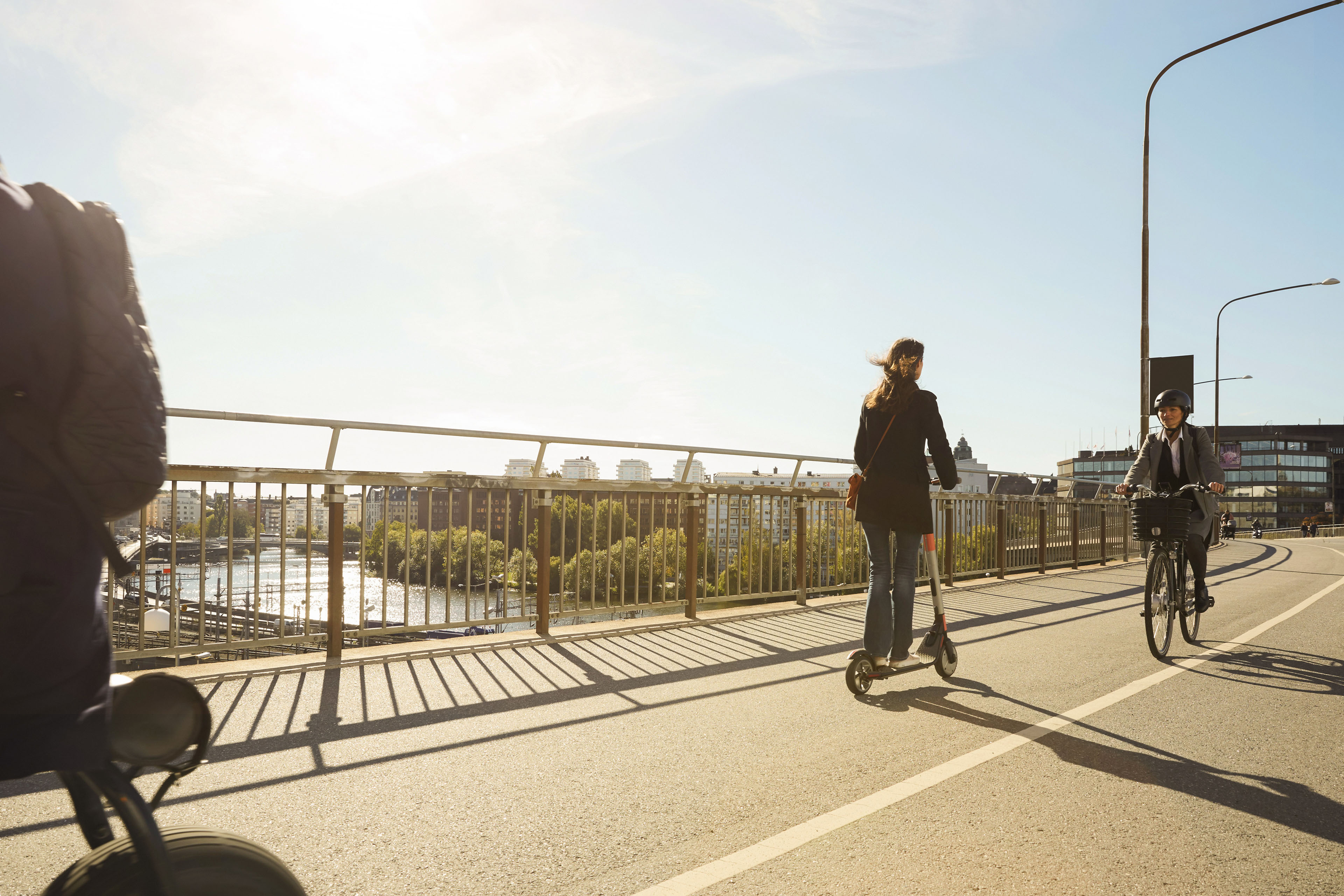EY refers to the global organization, and may refer to one or more, of the member firms of Ernst & Young Global Limited, each of which is a separate legal entity. Ernst & Young Global Limited, a UK company limited by guarantee, does not provide services to clients.

Budget 2025: An opportunity to use tax levers for growth, green goals, and health without relying on the "old reliables".
In brief
- Budget 2025 may shift tax focus from "old reliables" to boost green tech and other sustainable initiatives.
- FTAI urges fuel duty stability for competitiveness.
- Possible excise on vaping; hospitality VAT debate continues.
For many years, a key revenue-raising area for cash-strapped Finance Ministers was the so-called “old reliables” of tobacco, alcohol and fuels. It became almost an article of faith that consumers and businesses could expect hefty excise duty increases on all three.
That’s no longer the case. The Government now has unprecedented room for manoeuvre thanks to the quite extraordinary budget surpluses of recent years. Excise duty increases now have more to do with public health and environmental measures than with book balancing while economic stimulus is now a key aspect of the conversation around VAT.
The question facing Minister Chambers when he delivers his first Budget on 01 October is how he uses that room for manoeuvre to adjust indirect taxes in ways that can boost the economy, sustainability, and competitiveness.
Sustainability
The biggest crisis facing this government, and all others around the world, is the potential difficulties presented by the changing global climate. The Government has set a target of climate neutrality for the country by 2050. Given the budgetary leeway, the Government has an opportunity to increase the number of incentives for businesses and households to switch to green technologies and renewable energy activities.
In light of the slowdown in the switch to electric vehicles the Government has an opportunity to look at ways to boost their sales. The ambitious targets set under the Climate Action Plan of having 175,000 electric passenger cars on the road by the end of 2025 increasing to 845,000 by the end of 2030 look increasingly challenging. The Minister can look to the increasing the number of vehicles eligible for VRT relief, at least in the short to medium term.
While electric vehicles are already the lowest tax band for motor tax, the tax is nevertheless €120 per year for a battery electric vehicle. Again, to boost the sales of such vehicles, the Minister could consider reducing the tax to nil.
Furthermore, in order to help people switch away from cars altogether, the Government could introduce a reduced rate of VAT on bicycles and electric bicycles. It is anticipated that this will be permitted under the new EU VAT Directive.
Competitiveness
As an island nation with an export-led economy, Ireland is critically dependent on the competitiveness of its logistics sector. This needs to be borne in mind when considering tax on motor fuels.
The Freight Transport Association Ireland (FCAI) has made the point that while there is a move towards more environmentally friendly fuels, the transition will take some time, and such fuels remain in limited supply. In its pre-budget submission, the FCAI has called on the Minister to mitigate the growing schedule of increased taxation on fuel for essential users such as haulage and coach and bus operators.
The association argues that to ensure that the freight and logistics sector can trade cost effectively and competitively, the Government should not increase diesel fuel duty for commercial operators. It has also argued for a review of the current diesel rebate scheme to make it more accessible and fit for purpose to alleviate some of the pressures on heavy goods vehicle (HGV) and public service vehicle (PSV) sectors.
Health
While excise on traditional tobacco products is expected to be increased, as usual, there is likely to be a move on vaping products following the ban on disposable vapes announced recently by the Minister of Health. A new targeted taxation regime that will introduce excise duties on e-cigarettes and heated tobacco products is highly anticipated. In line with other EU Member States, the rate may be struck at somewhere between €0.10 to €0.30 per ml of e-liquid regardless of nicotine content.
VAT
The hospitality industry is continuing to lobby for a reduction back to the 9% VAT rate first introduced during the financial crash and later reintroduced during the pandemic. The soundings from Government in relation to a reduction have, it is fair to say, not been positive to date. For its part, the hospitality industry has if anything intensified its lobby efforts arguing that Ireland has the highest VAT rate in the EU in relation to hospitality and the increased costs borne by the industry following the recent surge in inflation means that businesses in sector are under increased pressure. The position in the restaurant sector is particularly acute according to the pre-budget submission of the Restaurant Association of Ireland. However, with no real groundswell of support for a reduction either among opposition politicians or Government backbenchers, it does not appear likely that the Government will move on the issue.
Indirect taxes can be powerful levers to effect economic and behavioural change. The current rude health of the public finances offers the Government an opportunity to use them. The opportunity should not be allowed to pass.
Summary
Budget 2025 presents an opportunity for Minister Chambers to reallocate indirect taxes towards economic growth, environmental sustainability, and public health. With substantial surpluses, the government can incentivize green technology adoption and electric vehicle use, while addressing the logistics sector's competitiveness concerns. New excise duties on vaping products are expected, aligning to EU standards. Despite the hospitality industry's push for reduced VAT rates, government support seems unlikely. This budget is a chance to utilise fiscal policy for impactful change, moving beyond the "old reliables".
Related articles
How Budget 2025 Can Reinforce Ireland's Competitive Edge
Discover Ireland's Budget 2025 strategy for economic resilience amid global challenges. Find out how innovation & prudence shape the future.
Why the overdue increase in pension threshold is welcome
Finance Minister Jack Chambers has raised the pension threshold to €2.8M by 2026, aiming to improve talent retention and tax issues. Find out more.
Why we can expect the expected on personal taxation
Upcoming budget set to deliver predictable tweaks to personal taxation, with a focus on inheritance tax relief for families and potential support for self-employed individuals through the abolition of an income surcharge.







